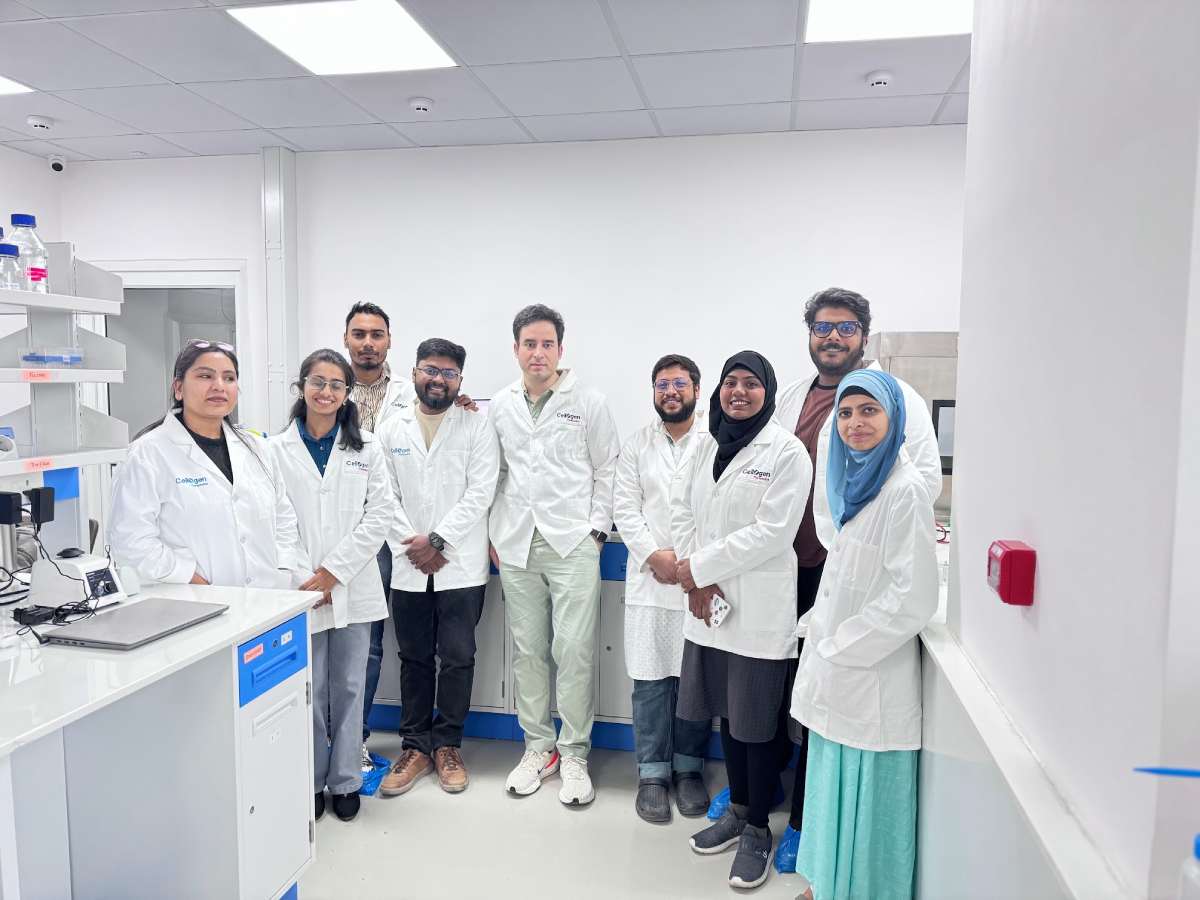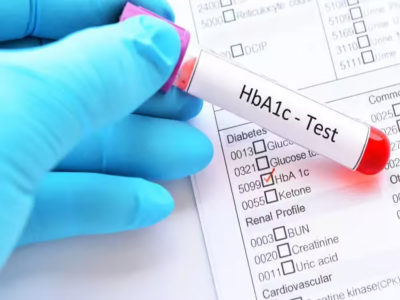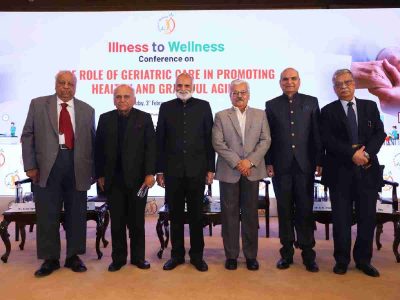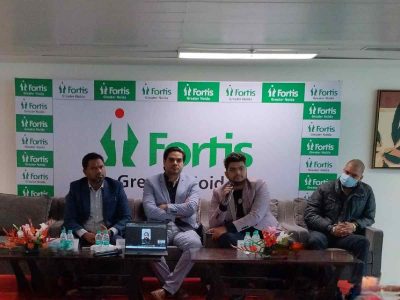Delhi: In a major development for cancer treatment and biotechnology in India, Delhi-based start-up Cellogen Therapeutics has become the first in the world to develop and receive a patent for an Indian-made, dual-target third-generation CAR-T cell therapy.
This new therapy is designed to treat aggressive blood cancers like leukaemia, lymphoma, and multiple myeloma. It uses advanced cell engineering and introduces several improvements over earlier versions of CAR-T therapy. The goal is to offer patients a treatment that is both more effective and more affordable, not just in India but potentially in other countries as well.
Delhi – A new type of CAR-T therapy
The research is led by Dr Tanveer Ahmed, a scientist from Kashmir and Assistant Professor at Jamia Millia Islamia University in Delhi. Under his guidance, a team of young scientists has developed three different CAR-T platforms. One of them is a fourth-generation version that is still in the testing phase.
The most important development so far is a third-generation bi-specific CAR-T therapy, meaning it is designed to recognise and attack two cancer markers at once—specifically, the proteins CD19 and CD20 found on the surface of cancerous blood cells. This dual-target approach helps remove more cancer cells and reduces the chances of the cancer returning. Another version that targets CD22 and CD19 is waiting for approval to start clinical trials in India, Europe, and the United States.
Also read: Once a novel brand, Tihar Jail’s brand TJ now suffering a slump
“This therapy is the result of years of rigorous research and development,” Dr Tanveer told Patriot. “We’ve used state-of-the-art cell engineering to create a highly targeted and durable treatment. The dual antigen targeting, combined with enhanced co-stimulatory domains, makes this a truly transformative step forward.”
Delhi-based start-up making the therapy more effective
This new therapy includes special signalling molecules, known as co-stimulatory domains, including CD28, 4-1BB, and OX40. These molecules help activate the immune cells used in the therapy, allowing them to multiply and stay effective for longer periods. The research team has also worked to reduce side effects such as cytokine release syndrome—an intense immune reaction—and neurotoxicity, or damage to the nervous system.
Dr Areej Akhtar, a PhD graduate from Jamia Millia Islamia, worked closely with Dr Tanveer on the research. “One of the most exciting moments was seeing robust tumour regression in our preclinical models,” she said. “It was the ultimate validation of our bi-specific design.”
Cellogen is also developing a fourth-generation CAR-T therapy that includes two special compounds: GLP-1 receptor agonists and Urolithin A. These have been shown to improve the metabolic health of immune cells—specifically their energy use and survival—by promoting internal cellular processes called autophagy (where cells clean out damaged parts) and mitophagy (which targets damaged mitochondria for removal). The findings were published in Cell Reports Medicine.
“We screened 27 drugs across 3,357 combinations,” said Dr Akhtar, “and found that GLP-1 and Urolithin A dramatically improved the metabolic fitness of CAR-T cells, preventing exhaustion and increasing persistence.”
Dr Tanveer added that the new therapy, which causes the immune cells to release GLP-1 peptides, is the first of its kind in the world. It aims to create immune cells that last longer and help prevent cancer from returning. “GLP-1 receptor signalling was found critical in activating pathways like autophagy and mitophagy, leading to oxidative phosphorylation, a process that helps generate energy and improve memory T cell formation,” he said.
Delhi-based start-up reducing the cost of treatment
One of Cellogen’s biggest goals is to make the therapy affordable. Existing CAR-T therapies from other countries can cost as much as Rs 3–5 crore per dose. Cellogen plans to lower the cost to Rs 15–20 lakh, and possibly even less in the future.
“The exorbitant costs come from reliance on imported reagents,” said Dr Tanveer. “We’ve started developing all major components, from lentiviral vectors (which help insert therapeutic genes into cells) to cytokines (immune-signalling proteins), in-house, which significantly cuts down production costs.” He also said the company is now making many other essential tools for CAR-T production within India.
Dr Akhtar added, “Affordability is a core mission for us. We’re automating CAR-T cell processing, scaling up vector production, and designing clinical protocols that reduce hospitalisation, all of which help make this treatment more accessible.”
The company has received $2 million in investment from NATCO Pharma Limited, which now owns a 5.38% stake in Cellogen. The company is also working with Christian Medical College (CMC), Vellore, to carry out clinical trials.
“CMC Vellore brings deep clinical expertise,” said Dr Areej. “We expect the trials to not only generate strong efficacy data but also help us streamline treatment protocols and make CAR-T more accessible across India.” Dr Tanveer added, “They have a solid background in CAR-T trials. Their clinical experience will be vital to bring our next-gen therapy to patients in need.”
Looking beyond blood cancers
Although the therapy is currently designed for blood cancers, Cellogen’s platform could also be used for other types of cancer, including solid tumours, which have been harder to treat using CAR-T methods.
“We’re optimistic about extending this platform to treat solid tumours, which remain a major unmet need globally,” said Dr Tanveer. “The combination of durability and dual-antigen targeting could be the key to unlocking that frontier.”
Also read: Menstrual Hygiene Day | We must normalise menstruation, not hide it: AIIMS gynaecologist
Support from young researchers
This project also shows the strong scientific environment at Jamia Millia Islamia, which is becoming an important centre for biotechnology in India.
“All our innovations are driven by passionate, young scholars committed to making therapies affordable and accessible,” said Dr Tanveer. “Their determination is what fuels our breakthroughs.”
He added, “Our scholars have patented each of these technologies and are pushing forward to take them from lab to clinic, proving that resilience and commitment can lead to life-saving advancements.”
With clinical trials about to begin, Cellogen’s work is being closely watched. Whether the therapy will live up to its promise remains to be seen. But the achievement already marks a major step for Indian biotechnology—moving toward cancer treatments that are not only advanced, but also within reach for many.





